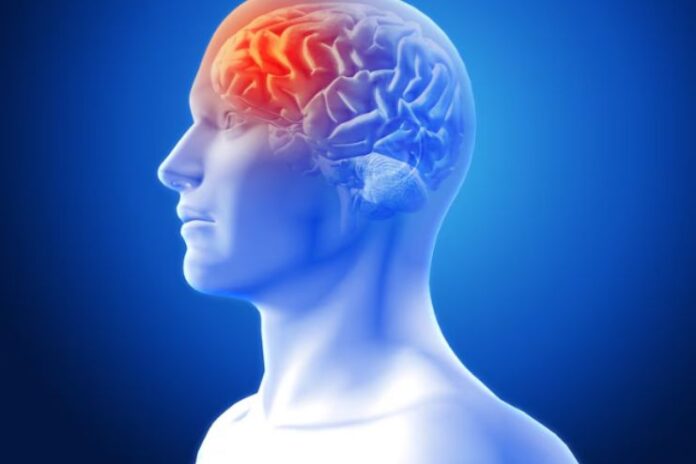Affiliate Disclaimer
Some links in this article are affiliate links. We may earn a small commission if you make a purchase through these links, at no extra cost to you. We only recommend products we find useful to our readersLife in the fast lane, literally. These days, we are constantly plugged into instant gratification—social media notifications, binge-worthy shows, and sugary snacks. While these stimuli can stimulate quick pleasure, they can also overwhelm, affecting motivation, concentration, and overall health.
If you are having trouble staying productive and on track, you must suffer from dopamine overload. So, here is what-if-you-can-try resetting the brain’s reward system and have a hold again over your motivational drivers. There lies the place of dopamine detox or dopamine fasting.
A dopamine detox involves temporarily eliminating activities that could stimulate your brain too much. This helps you rest your brain and regain its sensitivity for natural rewards. Does the technique work? Will it supercharge motivation?
This article explores the science behind dopamine, signs of dopamine overload, and how you can reset your brain using practical techniques.
What Is a Dopamine Detox?
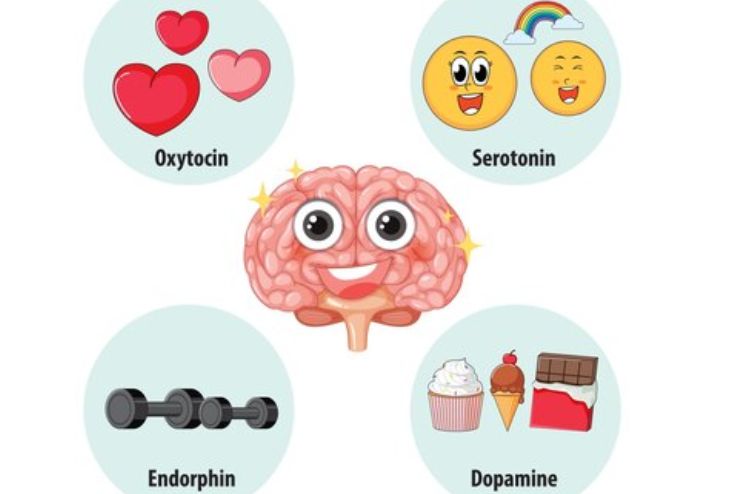
A dopamine detox, also known as dopamine fasting, is a practice that aims to reset the brain’s reward system by temporarily reducing exposure to high-stimulation activities. The goal is to regain control over impulsive behaviors, improve focus, and enhance motivation.
Dopamine is a neurotransmitter that plays a significant role in motivation, pleasure, and reward-seeking behaviors. When we engage in activities that provide instant gratification, like scrolling through social media or eating sugary foods, dopamine levels spike, reinforcing those behaviors.
Constant exposure to such sources of quick pleasure tends to desensitize the brain, making routine activities less rewarding. Overstimulation leads to less motivation and more excellent procrastination.
A dopamine detox helps break that cycle by curtailing artificial dopamine spikes, allowing the brain to rebalance. As a result, activities as simple as completing tasks or exercising become even more rewarding.
Some extreme versions of dopamine fasting advocate for complete sensory deprivation. However, a more practical approach is gradually reducing distractions and engaging in low-stimulation activities like reading, journaling, or spending time outdoors.
It is not about eliminating dopamine but restoring balance and gaining control over impulsive behaviors.
Signs of Dopamine Overload
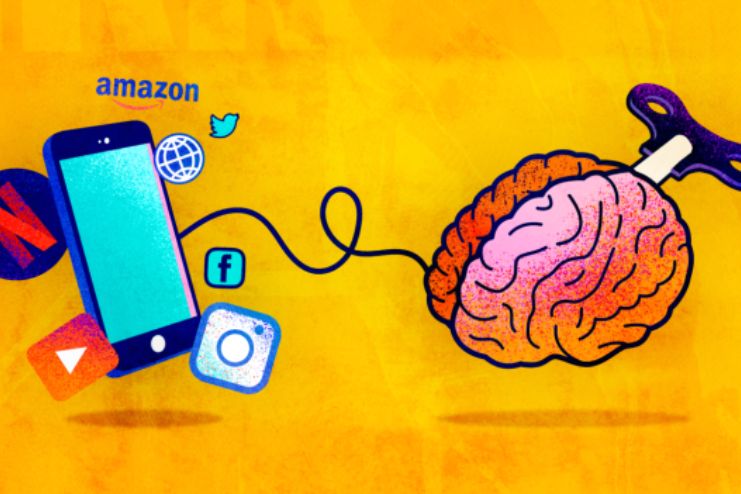
When the brain is constantly exposed to high-reward activities, it tends to desensitize. Some common signs that you may be suffering from dopamine overload include:
- Boredom and Lack of Interest in Daily Activities: Continuous overstimulation can make work dull and unsavory. In most cases, this makes people procrastinate and lose interest quickly.
- More Impulsiveness and Cravings: The brain becomes dependent on quick sources of pleasure. So, one is drawn to compulsive behaviors like scrolling through social media pages, overeating, or spending hours gaming. It is then challenging to ignore the instant pleasure.
- Trouble Finding Happiness in Mundane Acts: Dopamine overstimulation causes a person to experience difficulty finding joy in mundane activities such as nature time or an insightful conversation. Such acts feel less rewarding now.
- Restlessness and Anxiety: This constant stimulation can sometimes make it difficult to relax or still if one is not involved in high-stimulation activities.
- Poor Attention Span: Continuous exposure to short-form content, such as social media videos, reduces the brain’s ability to concentrate on long tasks, such as reading or working on long-term projects.
- Poor Quality Sleep: Dopamine overload was shown to severely affect sleep patterns, resulting in insomnia or poor-quality sleep. People waking feeling drowsy even after a good night’s sleep.
The Science Behind Dopamine and Motivation
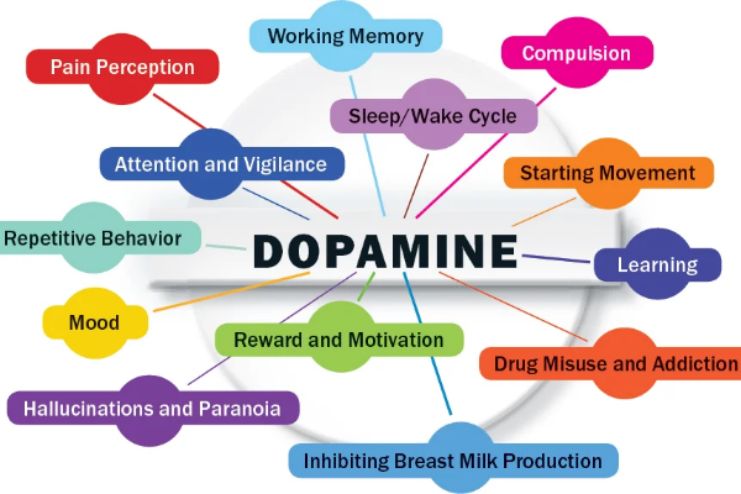
Dopamine is the central player in motivation. Often called the “motivation molecule,” dopamine is a neurotransmitter that influences how we experience pleasure, motivation, and reward. It helps drive goal-directed behavior, encouraging us to repeat rewarding actions.
Whenever we reach a goal, whether finishing a workout or a project, our brain secretes dopamine, creating positive feedback that keeps pushing us forward. Similarly, eating, interacting with people, and doing what we enjoy trigger dopamine release.
However, overstimulation from high-dopamine activities, such as social media or junk food, can lead to what is known as dopamine desensitization.
In this state, the brain becomes less sensitive to dopamine, meaning that tasks that once felt rewarding, like accomplishing a goal or having a meaningful conversation, no longer provide the same level of satisfaction. This can lead to decreased motivation, focus, and overall happiness.
You’re allowing your brain to reset and restore its sensitivity to natural sources of motivation by doing a dopamine detox. That way, it makes everyday tasks feel more rewarding and helps you improve long-term focus and drive.
Step-by-Step Guide to a Dopamine Detox
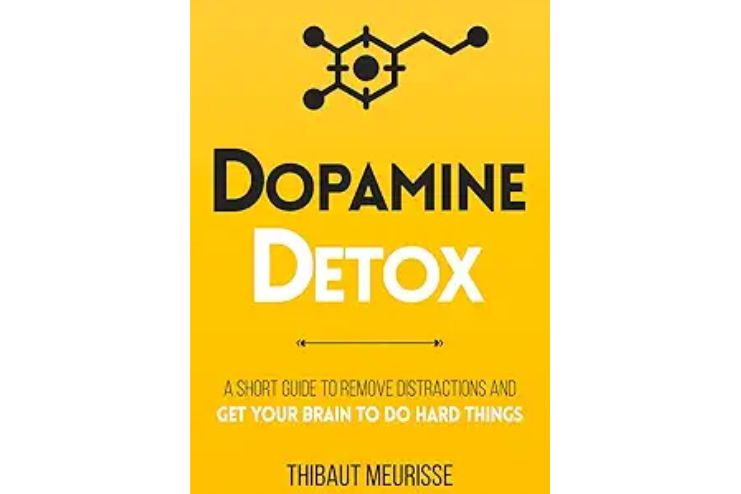
Implementing a dopamine detox doesn’t mean you need to cut all the pleasure from your life. Instead, it temporarily cuts down high-dopamine activities so your brain can reset. Here is a step-by-step guide on how to start doing it.
-
- Identify Your Dopamine Triggers: Start by observing what you do that immediately stimulates you. These include social networking, too much screen time, junk food, video games, and caffeine. Maintaining a daily journal may help you pinpoint these patterns.
- Set Clear Detox Goals: Determine if you want to do a total detox or just a partial detox. You might want to adopt a routine detox where you are scheduled to stay away from these high-stimulation activities for specific periods.
- Gradually Reduce Stimulants: Don’t go cold turkey. Instead, gradually begin to cut back on time spent on high-dopamine activities and replace them with lower-stimulation activities like reading, exercising, or meditating.
- Do Low-Dopamine Activities: In detoxification, engage in activities that do not immediately reward you. These may include physical exercise, mindfulness, journaling, creative hobbies, or outdoor time.
- Let Boredom Restore Your Brain: Dopamine detoxing may initially leave you bored or restless. Rather than seeking quick entertainment, lean into these feelings of discomfort. Over time, this will help reset your brain’s reward system.
- Reflect and Reintroduce Wisely: After completing the detox, reflect on the experience. Notice how your focus and motivation have improved. As you return to your routine, be mindful of how much time you spend on high-dopamine activities.
What to Expect During a Dopamine Detox
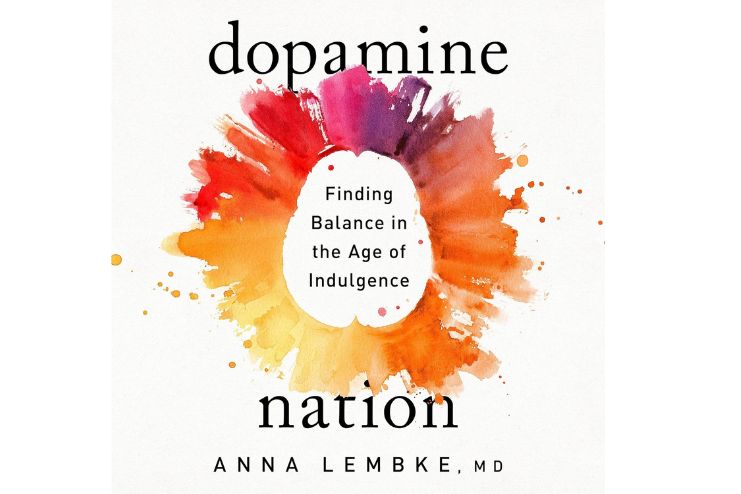
Buy Dopamine Nation: Finding Balance in the Age of Indulgence
A dopamine detox will cause mental and physical changes in your brain as it adjusts to reduced stimulation. Here’s what you can expect:
-
- Initial Discomfort and Withdrawal Symptoms: In the first few days, you may feel restless, irritable, or anxious. Your brain is used to frequent dopamine spikes, so reducing them can initially cause discomfort.
- Heightened Awareness and Mental Clarity: Once the brain adjusts, the change may include better focus and clearer ideas. The lack of stimulation means that the mind can focus on the present more easily.
- Reset in Motivation and Reward System: Something as ordinary as reading or exercising might be rewarding in a few days. This resetting helps ensure proper goal-achieving and goal-setting balance.
- Enhanced Emotional Control: After detox, most people feel less anxious and can better cope with boredom and stress. The detox process helps stabilize mood and emotional responses.
Long-Term Habits for Dopamine Balance

Once you have completed the detox, you may find it easier to keep healthier habits, such as limiting screen time or focusing on deep work. This will translate into long-term improvements in productivity and well-being.
While a dopamine detox is an incredibly powerful reset, maintaining a healthy balance of dopamine requires a sustained commitment to better habits. Some strategies to maintain dopamine levels are as follows:
- Prioritize Regular Exercise: Physical activity is the best way to maintain balanced dopamine levels. The goal should be to work out for 30 minutes at least most days of the week.
- Practice Mindful Eating: Eat a balanced diet that supports dopamine production. Avoid excessive sugar and processed foods, which can cause dopamine spikes and crashes.
- Set Achievable Goals and Reward Yourself: Break larger tasks into smaller, manageable steps and reward yourself after completing each. This helps sustain motivation without overstimulation.
- Engage in Creative Activities: Hobbies like painting, writing, or playing an instrument stimulate dopamine in a healthy, sustainable way.
- Limit Overstimulation: Place restrictions on high-dopaminergic activities like social media networking and video gaming. Seek harmony between fun and productivity.
- Be Mindful about Meditation: Practice mindfulness techniques to manage stress and maintain the balance within the brain without causing imbalanced dopamine.
- Healthy Sleep Hygiene: Try and sleep for approximately 7 to 9 hours at night.
- Social Bonding: Engage in good, real-life social engagements that can naturally stimulate dopamine without harming your health.
When incorporated into your lifestyle, these habits will maintain a healthy level of dopamine that is conducive to long-term motivation, focus, and emotional well-being.
Conclusion
A dopamine detox offers an effective way to reset your brain’s reward system and restore your motivation. By temporarily reducing high-stimulation activities, you can recalibrate your brain to find joy in more straightforward, meaningful tasks.
However, long-term success lies in developing sustainable habits that promote balanced dopamine levels. You can achieve lasting motivation and focus without needing constant external stimulation by incorporating regular exercise, mindful eating, goal-setting, and mindful living.
A balanced approach can supercharge your motivation and lead a more fulfilling, productive life.
References
- https://www.medicalnewstoday.com/articles/dopamine-detox
- https://my.clevelandclinic.org/health/articles/22581-dopamine
- https://www.nature.com/articles/nrn1406
- https://www.sciencedaily.com/releases/2023/06/230606111734.htm
- https://pmc.ncbi.nlm.nih.gov/articles/PMC7599069/
- https://www.theneuroclinic.org/single-post/what-is-a-dopamine-detox
- https://www.amenclinics.com/blog/9-natural-ways-to-balance-dopamine-in-the-brain/
- https://www.grahamweaver.com/blog/the-problem-with-dopamine-and-what-to-do-about-it
- https://www.npr.org/2022/03/31/1090009509/addiction-how-to-break-the-cycle-and-find-balance
In this Article















